Saving Species
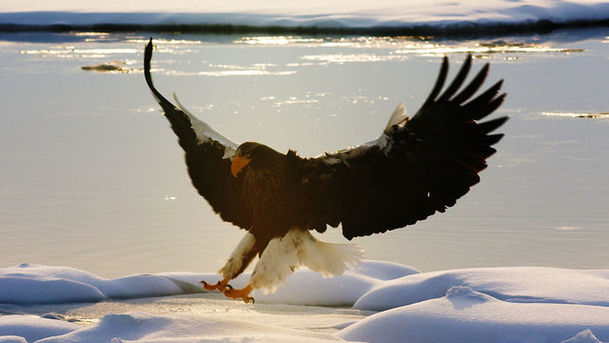
Brett Westwood examines the world of nature and the challenges of wildlife conservation
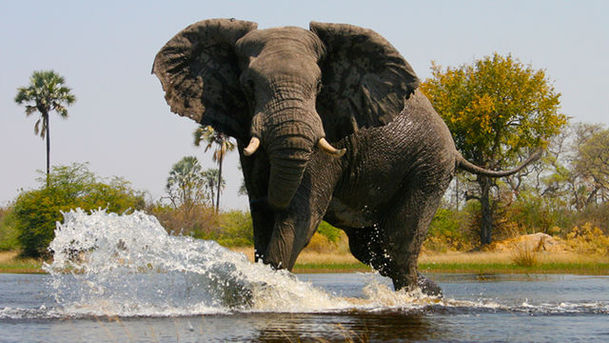
Saving Species - Episode 1
The first in a series of programmes by the BBC Natural History Unit looking into the world of nature and the challenges of wildlife conservation. Presented by Brett Westwood.
Details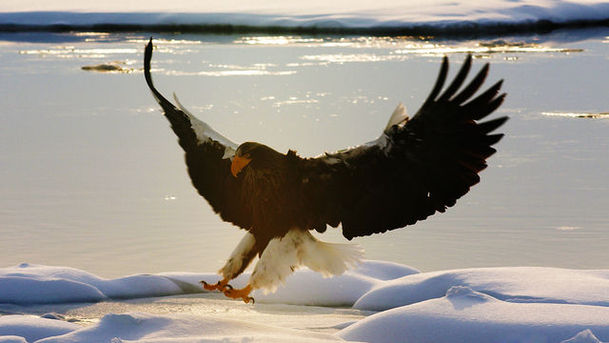
Saving Species - Episode 10
Brett Westwood examines the world of nature and the challenges of wildlife conservation. Our first report from the Great Barrier Reef on how its sharks are doing.
Details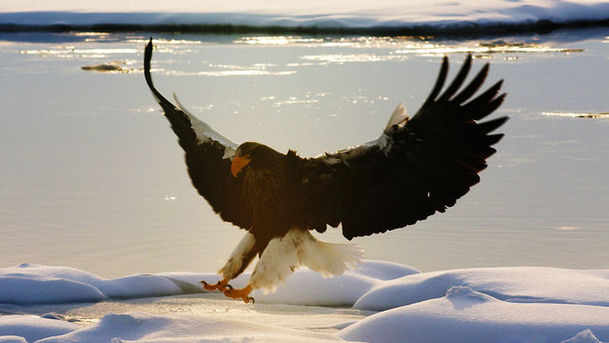
Saving Species - Episode 11
Recorded at the Bristol Festival of Nature, Brett Westwood and guests question the language used in wildlife conservation.
Details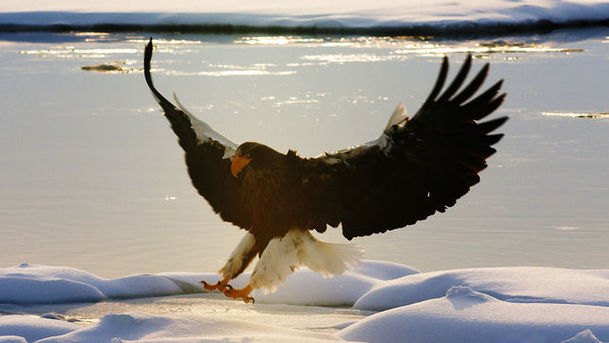
Saving Species - Episode 12
Including a report from India to report on the last-ditch efforts to save the (griffon-like) long-billed vulture.
Details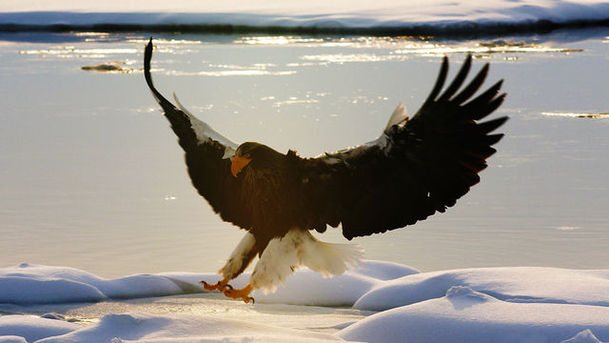
Saving Species - Episode 13
Including feedback from listeners who have used the Open University's Ispot website and the second part of a report on long-billed and white-backed vultures in India.
Details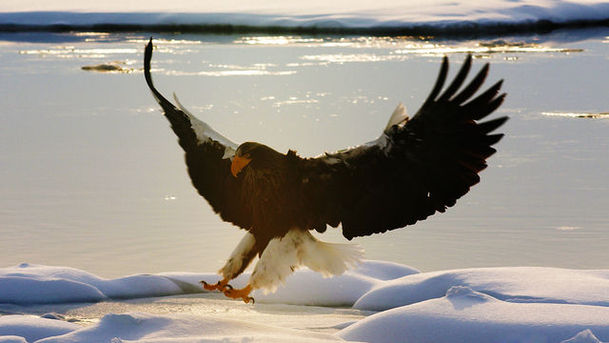
Saving Species - Episode 14
Including part three of Gillian Rice's vulture report from India.
Details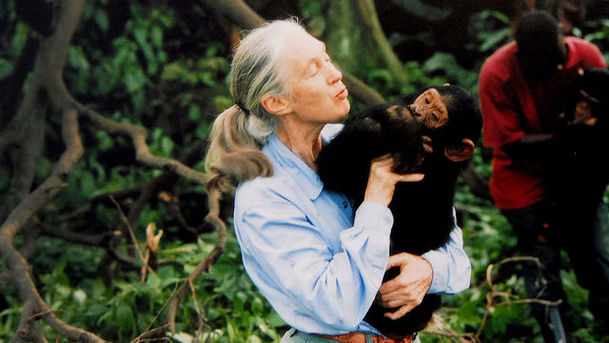
Saving Species - Episode 15
Jeremy Bristow visits Jane Goodall in Gombe, Tanzania, to see her chimpanzee study group, and Matthew Oates is out and about in Wiltshire.
Details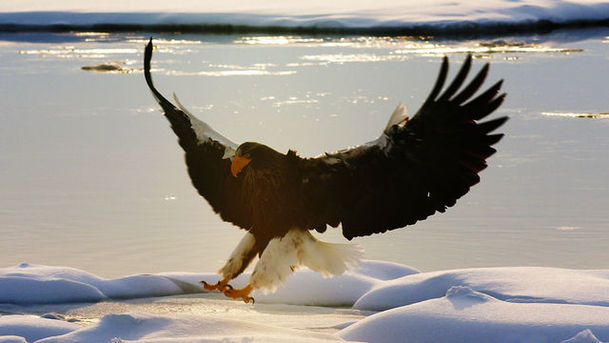
Saving Species - Episode 16
Brett Westwood examines the world of nature and wildlife conservation. What is the future for our farmland birds? We follow the re-introduction of Cirl Buntings into Cornwall.
Details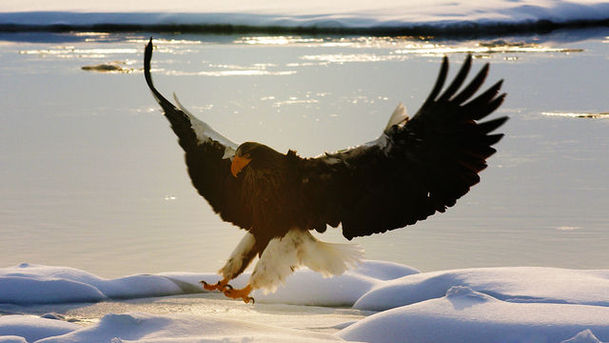
Saving Species - Episode 17
How the pictures taken by seabirds while hunting for food under the sea surface are helping biologists understand the ocean.
Details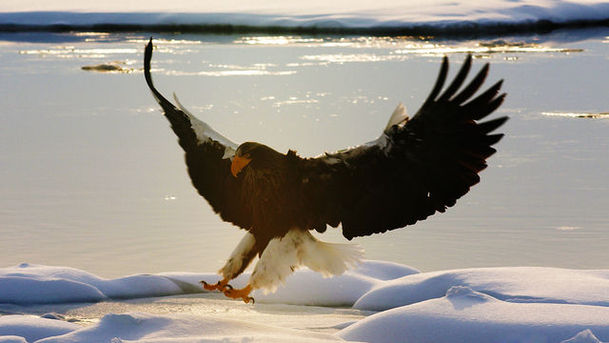
Saving Species - Episode 18
How the pictures taken by seabirds while hunting for food under the sea surface are helping biologists understand the ocean.
Details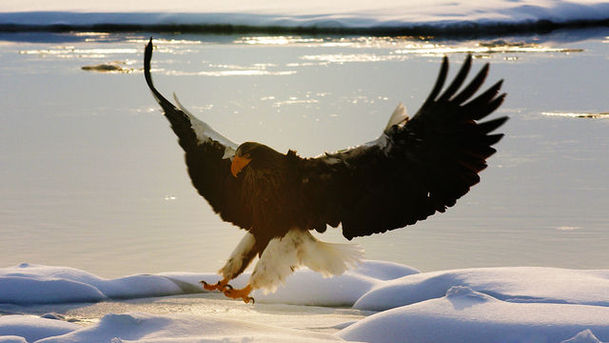
Saving Species - Episode 19
How the pictures taken by seabirds while hunting for food under the sea surface are helping biologists understand the ocean.
Details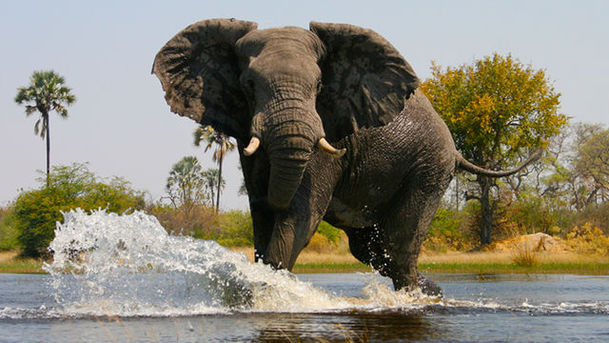
Saving Species - Episode 2
Brett Westwood examines the world of nature and the challenges of wildlife conservation.
Details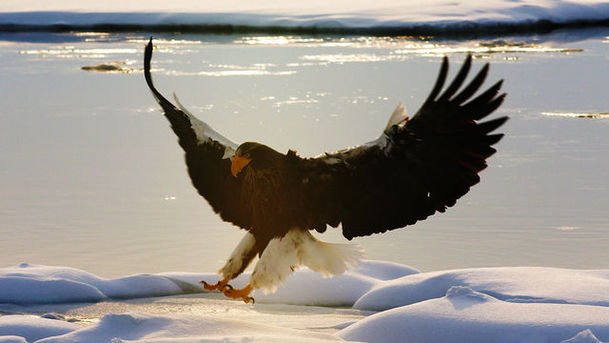
Saving Species - Episode 20
Reporting on the tiny creatures that writhe and creep in compost heaps, and why the compost heap is becoming a crucial habitat for grass snakes.
Details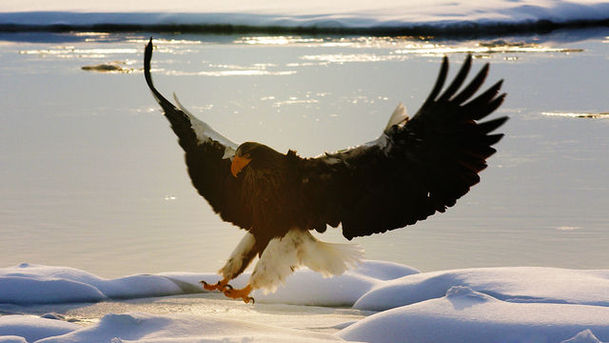
Saving Species - Episode 21
Brett Westwood examines the world of nature. Saba Douglas-Hamilton reports from Samburu national park in Kenya.
Details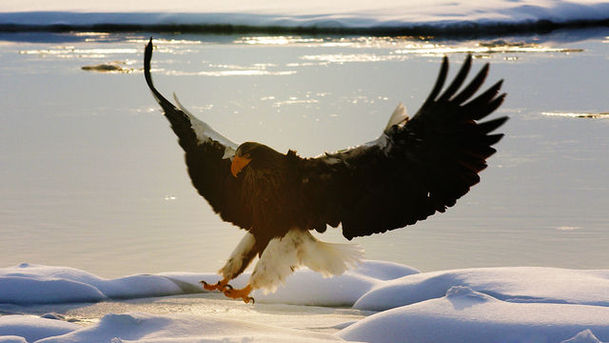
Saving Species - Episode 22
Saving Species visits the Mississippi Delta and asks naturalists and biologists 'just how tough are the oceans' defences to huge pollution events like the recent oil spill'?
Details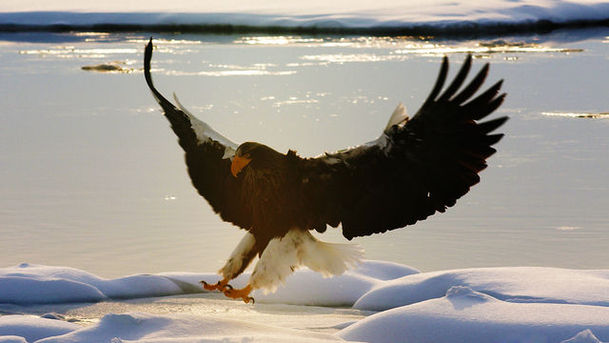
Saving Species - Episode 23
Saving Species reports from a woodland in Wales amongst erupting fruiting bodies and discovers the importance of conserving fungi for the health of woodlands.
Details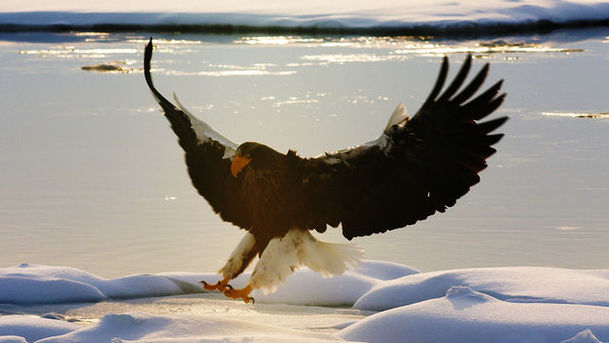
Saving Species - Episode 24
The number of cuckoo's being heard and sparrows being seen is going down year on year. What can the decline in British birds tell us about global extinction levels?
Details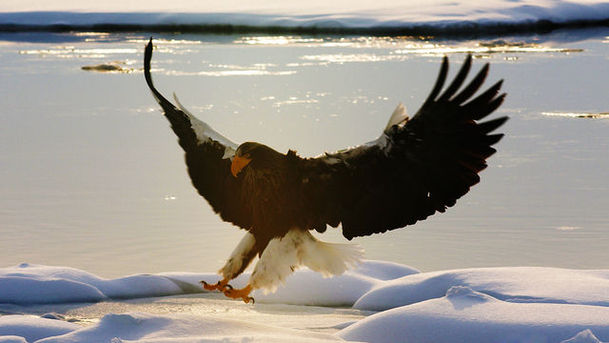
Saving Species - Episode 25
Saving Species is up early with the sunrise observing the skies over London for south-bound migrating birds. Is the departure of swifts and swallows for Africa still a spectacle?
Details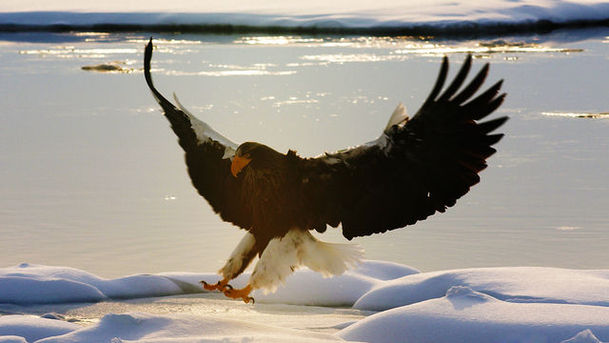
Saving Species - Episode 26
In the light of the British Government's spending review, is it business as usual for running nature reserves? Also in the programme, we have a live report from Nagoya in Japan.
Details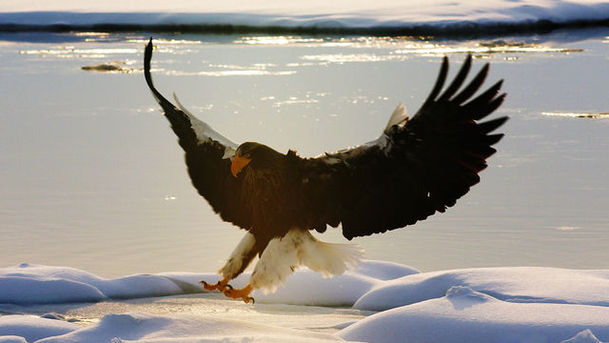
Saving Species - Episode 27
Saving species reports from Norfolk and the island of Islay in Scotland in the company of Greenland white-front, Pink-Footed and Barnacle Geese.
Details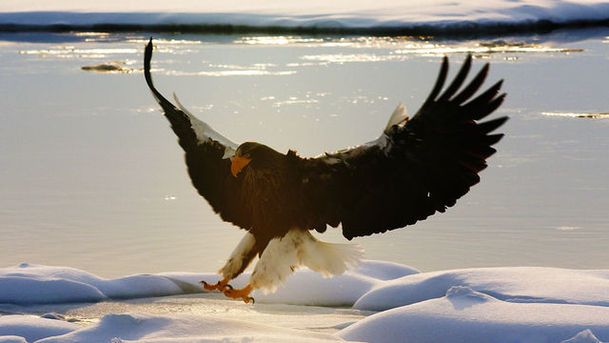
Saving Species - Episode 28
Saving Species has special access to St Bee's Island off the Australian coast to witness and record the extraordinary mating rituals of male Koalas - now a threatened species.
Details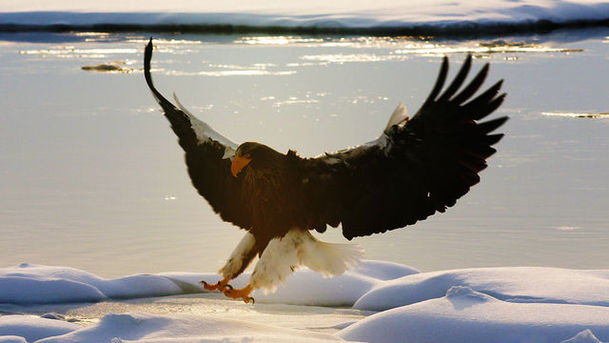
Saving Species - Episode 29
What should countries do with wildlife aliens? If it's only the north sea that separates a native population of Eagle Owls to an alien population, should we care?
Details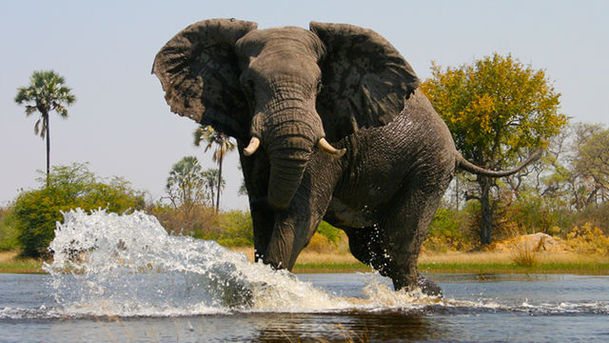
Saving Species - Episode 3
Brett Westwood examines the world of nature and the challenges of wildlife conservation.
Details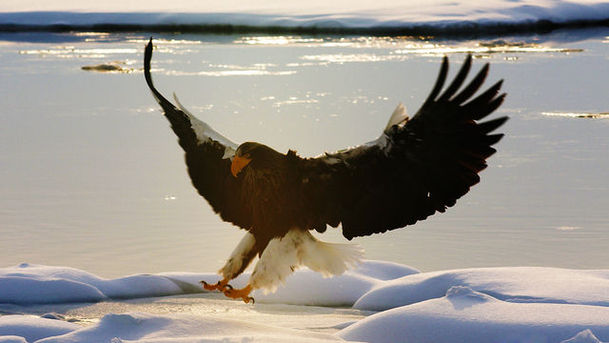
Saving Species - Episode 30
We have a report from Hokkaido in Japan about wintering Whooper Swans, the perils to woodlands of over foraging mushrooms and memories of river wildlife, from tiddlers to salmon.
Details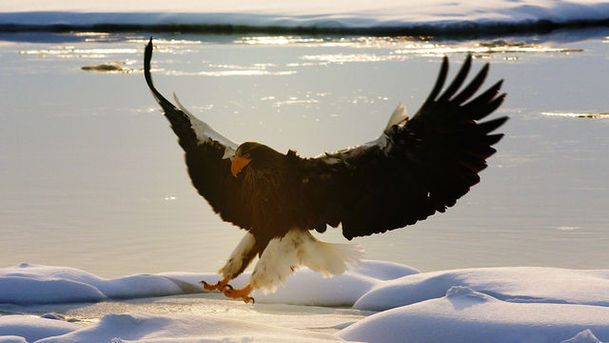
Saving Species - Episode 31
A programme devoted to farming and wildlife. Featuring the little-known Blue Pimpernel flower and Britain's 'big six' - all key species of endangered farmland bird.
Details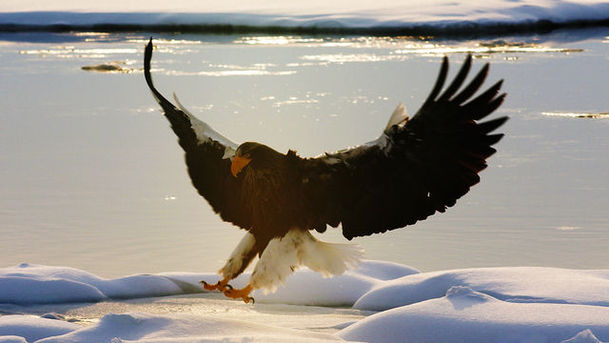
Saving Species - Episode 32
A special edition of Saving Species from the 100 Foot Washes in Norfolk with an invited panel of experts and a live audience - And not to forget the thousands of migratory swans.
Details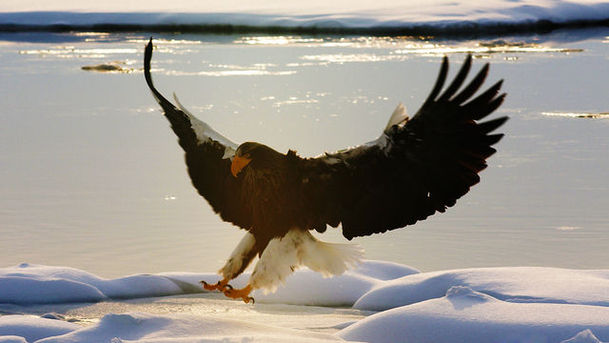
Saving Species - Episode 33
A special report about Sloths from the southern most tip of the Caribbean off the coast of Panama.
Details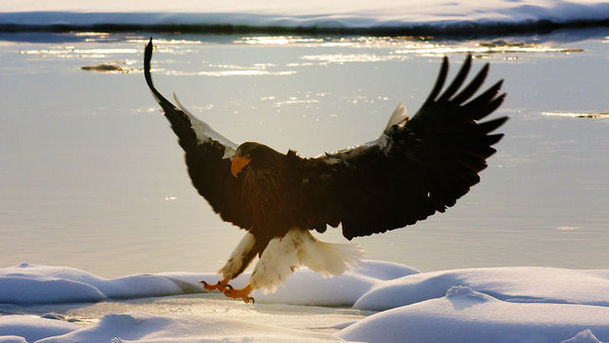
Saving Species - Episode 34
Chris Sperring goes into Somerset armed with his first edition of Lady-Bird Book Summer. Written in 1959 this colourful book describes a very different British wildlife than today.
Details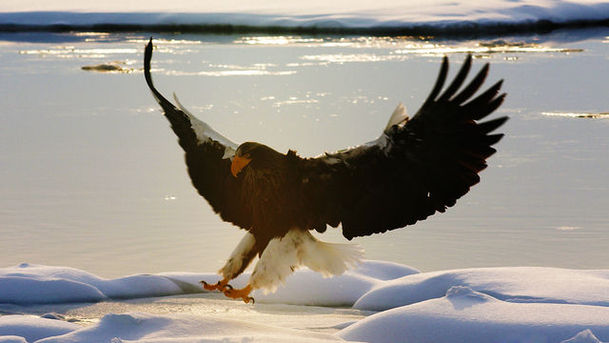
Saving Species - Episode 35
A story about tigers that involves a local Indian community, a retired heart surgeon from Bristol and a remarkable education programme to conserve tigers, not kill them.
Details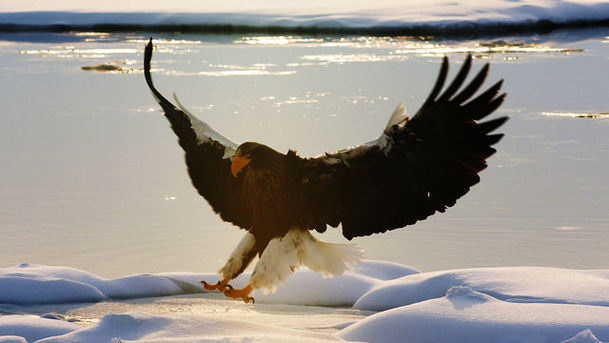
Saving Species - Episode 36
Geese followed on migration in a previous Radio 4 broadcast event have yielded new science that makes the spectacle of migration even more of a remarkable wildlife phenomenon.
Details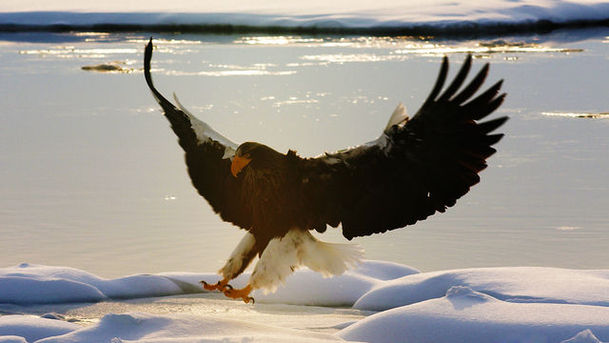
Saving Species - Episode 37
There were four species of macaw in Brazil, two are now extinct in the wild and two species remain. Saving Species is in the Pantanal on the trail of the hyacinth macaw.
Details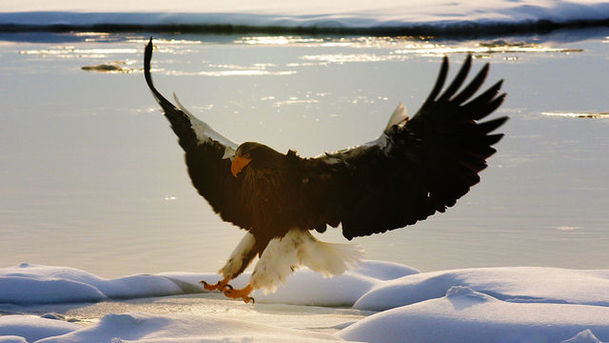
Saving Species - Episode 38
Is it possible for eco-tourists to be able to save species? The programme reports from India and Australia, where tigers and whales appear to rely on tourists for their survival.
Details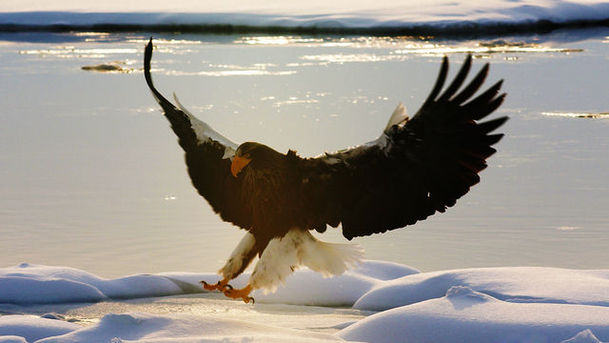
Saving Species - Episode 39
Including the final episode of the 'memories' series, about stoats and weasels. Plus a visit to the coast of Africa to get close to the Africa Penguin. Presented by Brett Westwood.
Details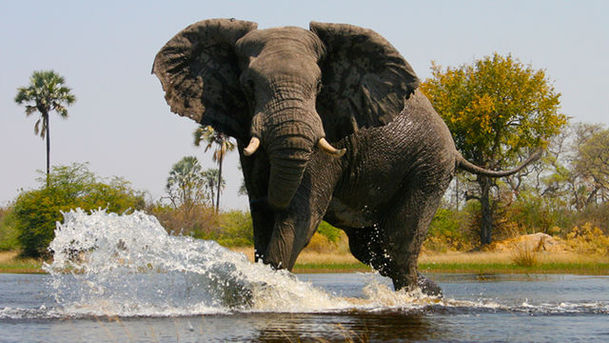
Saving Species - Episode 4
Brett Westwood examines the world of nature and the challenges of wildlife conservation.
Details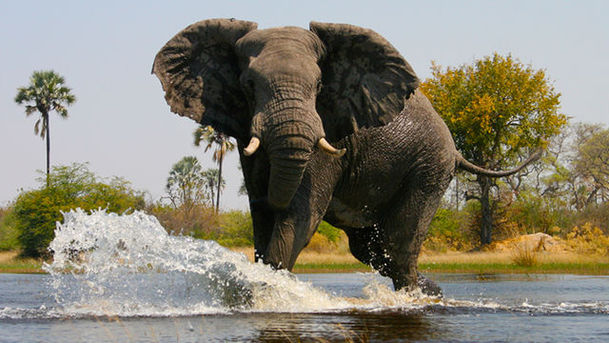
Saving Species - Episode 5
Brett Westwood examines the world of nature and the challenges of wildlife conservation. Including a first report from North America correspondent Howard Stableford.
Details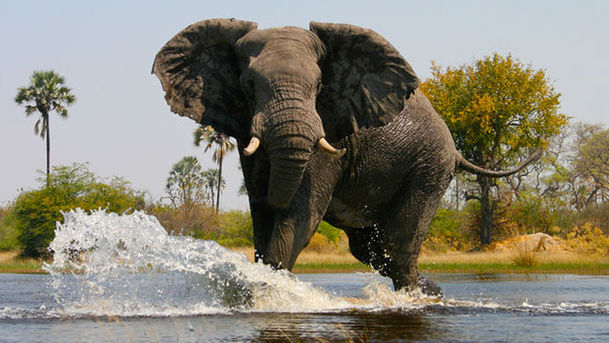
Saving Species - Episode 6
Brett Westwood examines the world of nature and the challenges of wildlife conservation. Including a report from Costa Rica and an important story about the Nightingale.
Details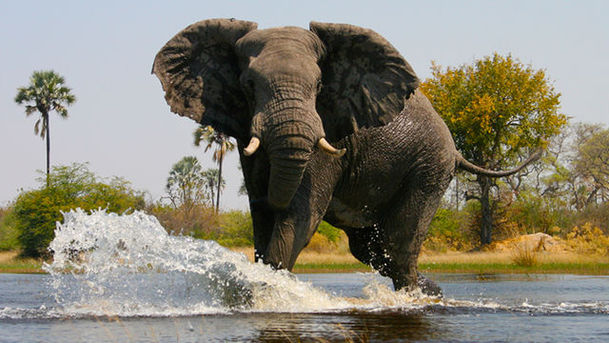
Saving Species - Episode 7
Brett Westwood examines the world of nature and the challenges of wildlife conservation. Following the science and fortunes of Black Bears in the woods of Minnesota.
Details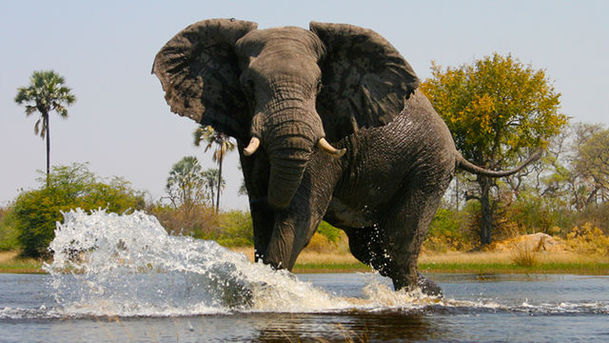
Saving Species - Episode 8
Brett Westwood examines the natural world and wildlife conservation. Following the work of seabird ecologists on the Isle of May.
Details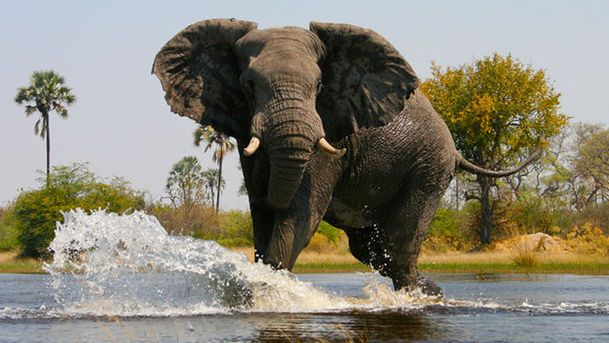
Saving Species - Episode 9
Including an update on the oil spill off the Mississippi Delta, and a report by Howard Stableford on the biologists working on Humming Birds in the rainforests of Costa Rica.
Details